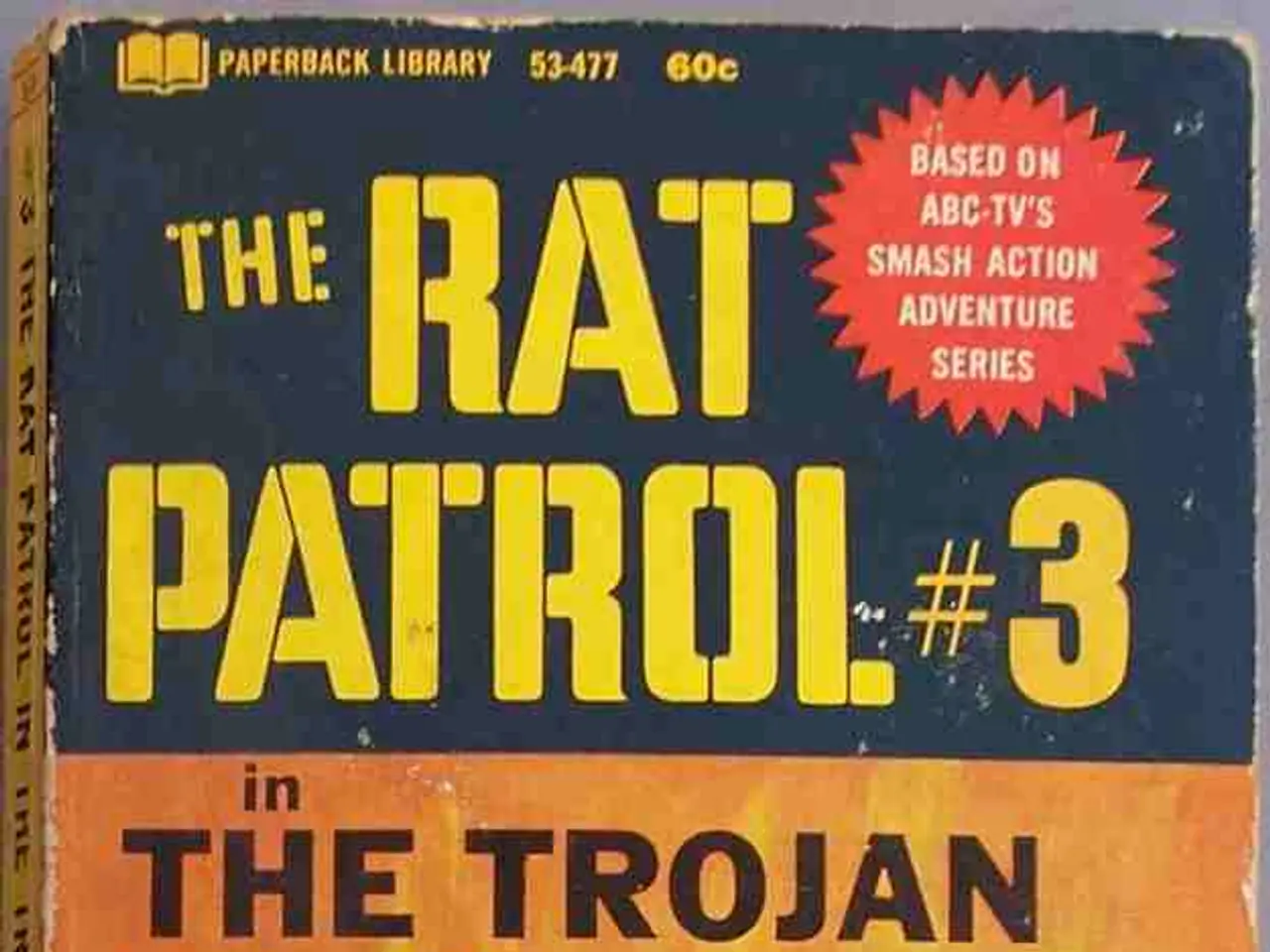Georgian Dream endeavors to dismantle the nation and leave its citizens bereft of their native land, according to Saakashvili
In the seventeen years since the 2008 Russia-Georgia war, the ongoing conflicts between former President Mikheil Saakashvili and Bidzina Ivanishvili, the current leader of the Georgian Dream government, remain deeply intertwined with the legacy of that war and the differing political visions for Georgia's future.
Saakashvili, the leader of the pro-Western United National Movement (UNM), has been a vocal critic of Ivanishvili's government, accusing it of pro-Russian tendencies and weakening Georgia's Euro-Atlantic integration aspirations. He has emphasized the need for a united and selfless struggle to break the "Russian yoke" and save Georgia.
In his urgent statements, Saakashvili has accused Ivanishvili's government of betraying Georgia's sovereignty and compromising its independence by allegedly enabling Russian influence. He has predicted a glorious victory and called for an unrelenting struggle, a call that resonates with his supporters who accuse the current government of eroding democratic values and failing to decisively resist Russian influence and occupation.
On the other hand, Ivanishvili's government defends its approach as pragmatic, focusing on diplomatic and legal means to resolve the Russia-Georgia conflict. However, it faces criticism for perceived concessions to Russia and slowing down integration with NATO and the EU. The Georgian state institutions under Ivanishvili's leadership emphasize a diplomatic and legal approach to resolving the conflict, confronting ongoing challenges such as Russia’s refusal to implement the EU-mediated 2008 ceasefire and its attempts to integrate occupied regions into its own political and military systems.
The political rivalry between Saakashvili and Ivanishvili symbolizes a broader conflict within Georgia about how to achieve sovereignty and territorial integrity. While Saakashvili advocates for a more confrontational and Western-aligned stance, Ivanishvili's approach is sometimes accused of being soft towards Moscow's influence.
International opinion generally supports Georgia's territorial integrity and criticizes Russian occupation, with Western actors calling on the Georgian Dream government to uphold democratic standards and resist Russian aggression more firmly.
Recent events have seen Saakashvili accusing "Ivanishvili's talking puppets" of making statements aimed at destroying the Georgian state. Prime Minister Irakli Kobakhidze, in response, has used the Mukhatgverdi Brothers Cemetery, a location significant in the context of the August War, as a platform to speak to journalists. He stated that August 8 serves as a reminder that Georgia must be led by a sovereign government.
This ongoing conflict, rooted in the legacy of the 2008 war, continues to shape the political landscape of Georgia as it navigates its future between East and West.
- The ongoing conflict between Saakashvili and Ivanishvili, deeply rooted in the legacy of the 2008 Russia-Georgia war, is not only a personal battle but also a significant part of the ongoing discourse on policy-and-legislation and politics, as both men hold differing visions for Georgia's future, with Saakashvili advocating for a more confrontational and Western-aligned stance.
- In the general news, recent events have seen Saakashvili accusing the Georgian Dream government of compromising Georgia's independence and eroding democratic values, while the government defends its approach as pragmatic, focusing on diplomatic and legal means, a debate that underscores issues of war-and-conflicts, policy-and-legislation, and politics in contemporary Georgia.








